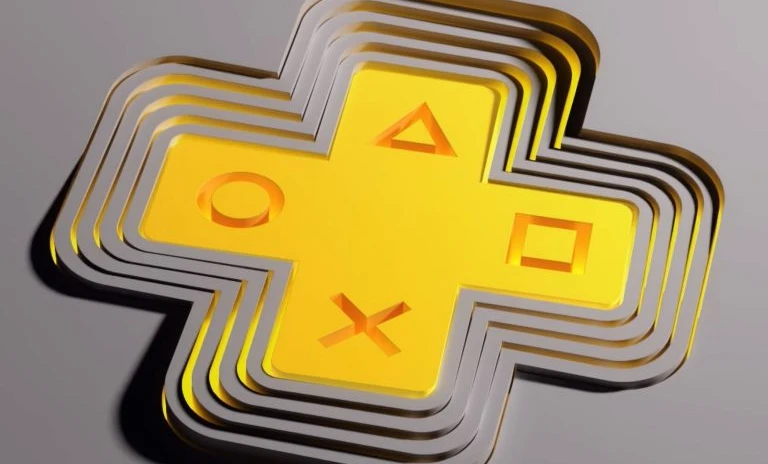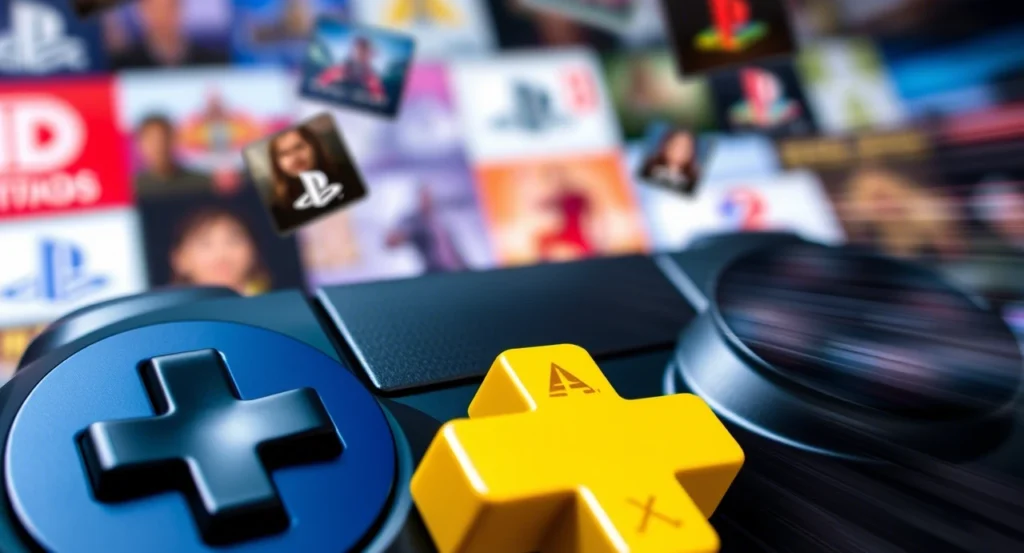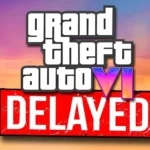You’re scrolling through gaming news, ready to fire up your PS5, when you see PlayStation Plus is yanking 22 games from its lineup in May. Ouch. That’s the kind of gut-punch that makes you question the whole “subscriptions are king” hype. And guess who’s stirring the pot? Mat Piscatella, a big-shot gaming analyst, just dropped a hot take on BlueSky: subscriptions like PS Plus or Xbox Game Pass? They’re not the future of gaming. They’re a piece of the puzzle, sure, but not the whole picture. With numbers to back him up and fans arguing online, this debate’s got me hooked. Let’s unpack why Piscatella’s shaking things up and what it means for your gaming wallet.
The Subscription Hype Train Hits a Bump
The news hit when IGN listed those 22 games leaving PS Plus—titles you thought were yours to play forever (well, as long as you’re subscribed). It’s a reminder that subscriptions can feel like a revolving door: new games come, old ones vanish. Piscatella, who’s been crunching gaming data for years, saw this as a chance to share some truth bombs. He says subscription spending in the US has barely budged since a spike in 2020–2021, only creeping up 12% last quarter thanks to Call of Duty landing on Game Pass. That’s not exactly the gaming revolution we were promised.
Five years ago, everyone was shouting that by 2025, we’d all be living the subscription dream—think Netflix, but for games. PS Plus, Game Pass, you name it, would rule, and buying games for $70 a pop would be old news. Spoiler alert: that didn’t happen. Piscatella’s point? Subscriptions are cool, but they’re not taking over. Most gamers still want to own their games, not rent them on a platform that might pull the plug on their favorites. And when Sony axes classics like the Resistance series—games you can’t even buy elsewhere—fans aren’t exactly cheering.
Piscatella’s Take: A Gamer’s Perspective

What’s wild is how relatable Piscatella’s stance is. He’s not some suit hating on subscriptions—he’s a gamer like us. “I buy subscriptions,” he admitted in the BlueSky comments, “even if I don’t always use them.” Sound familiar? I’ve got PS Plus for those free monthly games, but half the time, I’m too busy replaying Elden Ring to check what’s new. When fans argued subscriptions beat shelling out $80 for a single game, Piscatella didn’t dunk on them. He gets the appeal: subscriptions let you try tons of games for cheap. But he’s saying the data doesn’t lie—gamers aren’t ditching full-price purchases en masse.
The numbers tell the story. Subscription growth’s been flat, even with heavy hitters like Call of Duty joining Game Pass. Compare that to straight-up game sales: Assassin’s Creed Shadows just cracked the top five best-sellers in the US for 2025, per Piscatella’s earlier reports. People are still dropping cash on games they love, especially big-budget bangers or indies with staying power. Subscriptions are more like a side dish—tasty, but not the main course.
Why This Debate Hits Home
So, why should you care about Piscatella’s hot take? Because it’s about how you spend your gaming bucks. Subscriptions sound great—pay $15 a month, get a buffet of games. But there’s a catch: you don’t own anything. If a game leaves the service (like those 22 on PS Plus), you’re out of luck unless you buy it. And with prices creeping up—Sony just hiked PS Plus costs in Turkey, per Shazoo—some gamers are feeling the squeeze. Meanwhile, buying a game outright means it’s yours forever, no strings attached. That’s why Piscatella’s callout resonates: it’s a reality check on what’s sustainable for you and the industry.
This matters for devs too. Subscriptions can be a tough deal for smaller studios, who get paid based on playtime, not sales. If everyone’s chasing the subscription model, we might see fewer risks, fewer weird, wonderful games like Hollow Knight. Piscatella’s not saying subscriptions are dead—he’s saying they’re not the whole future. The industry’s more like a choose-your-own-adventure book: some folks love the subscription path, others stick to buying, and both can coexist.
What’s Next for Gaming?
This debate’s far from over. Fans on X are split—some swear by Game Pass’s value, others rage when Sony pulls classics like Resistance. Piscatella’s sparked a convo that’s got gamers, devs, and execs rethinking the roadmap. Will subscriptions evolve, maybe offering “keep forever” options? Or will we see a hybrid model, where you buy big titles and sub for indies? One thing’s clear: the dream of a subscription-only gaming world isn’t happening anytime soon.
For now, Piscatella’s take is a win for choice. Whether you’re a PS Plus loyalist, a Game Pass stan, or someone who’d rather drop $70 on GTA VI, the industry’s got room for you. So, next time you’re eyeing that subscription renewal, ask yourself: do I want to rent my games or own my adventures? Either way, gaming’s future looks bright—just don’t expect it to fit neatly into a monthly fee.




